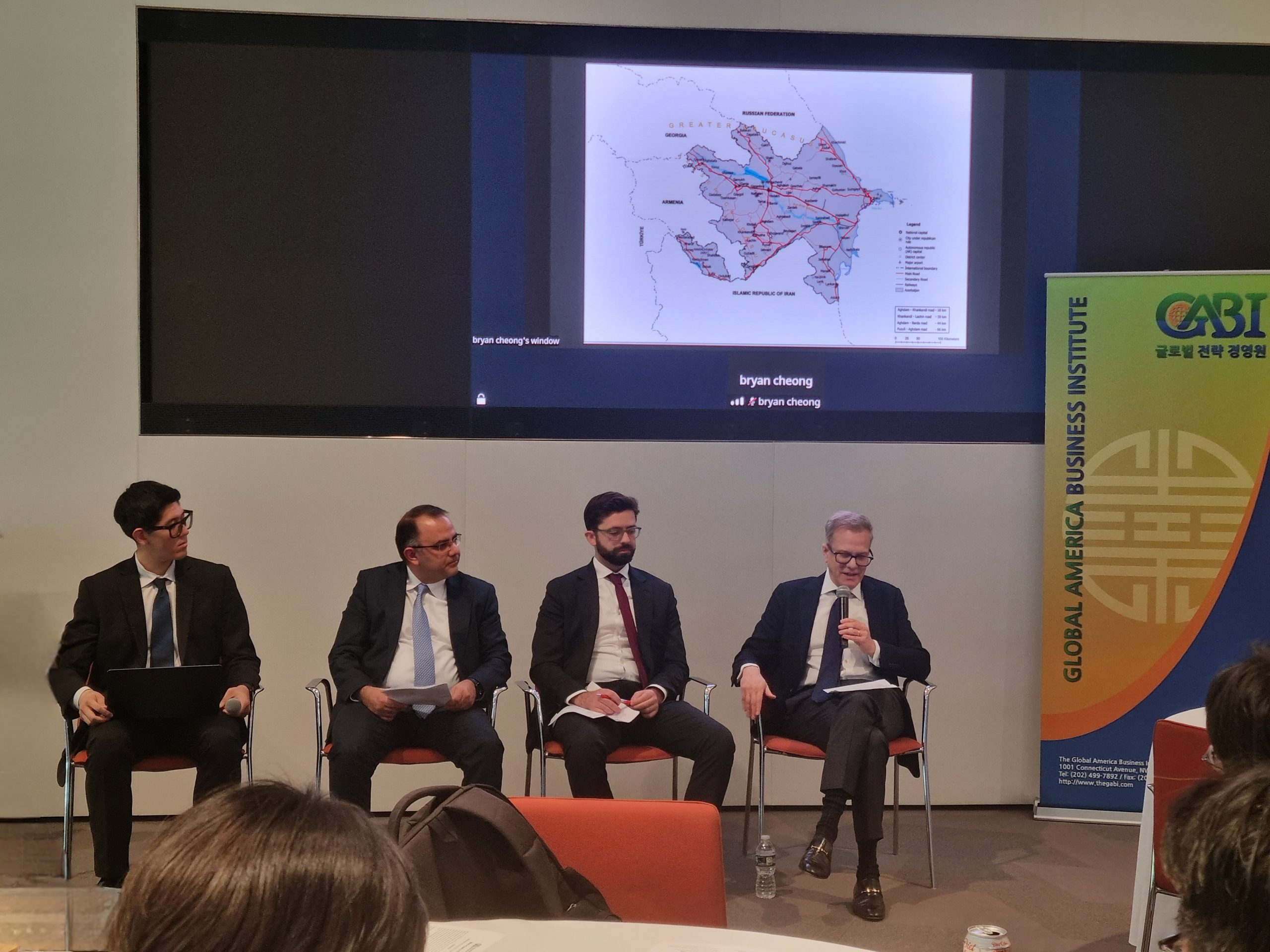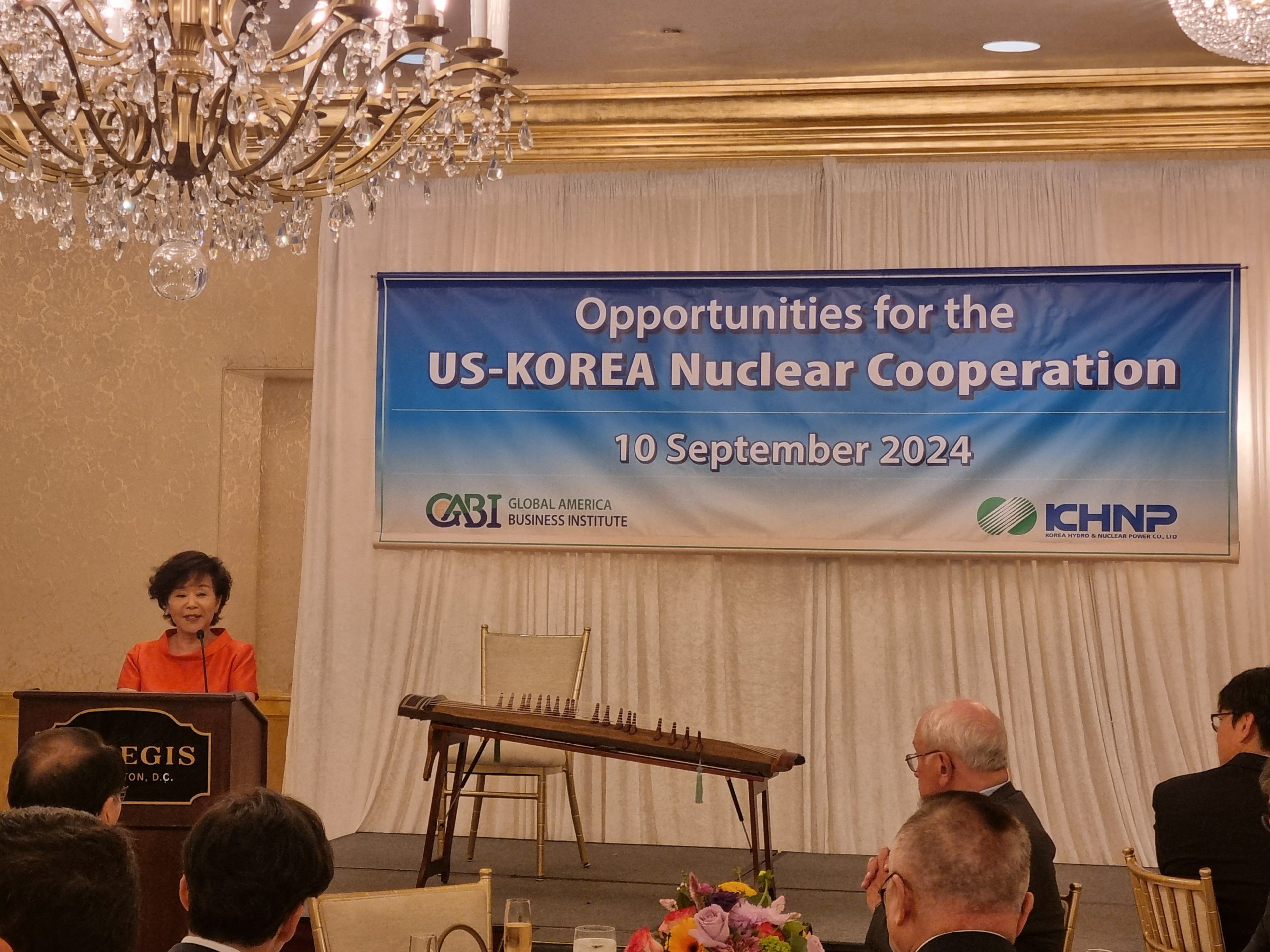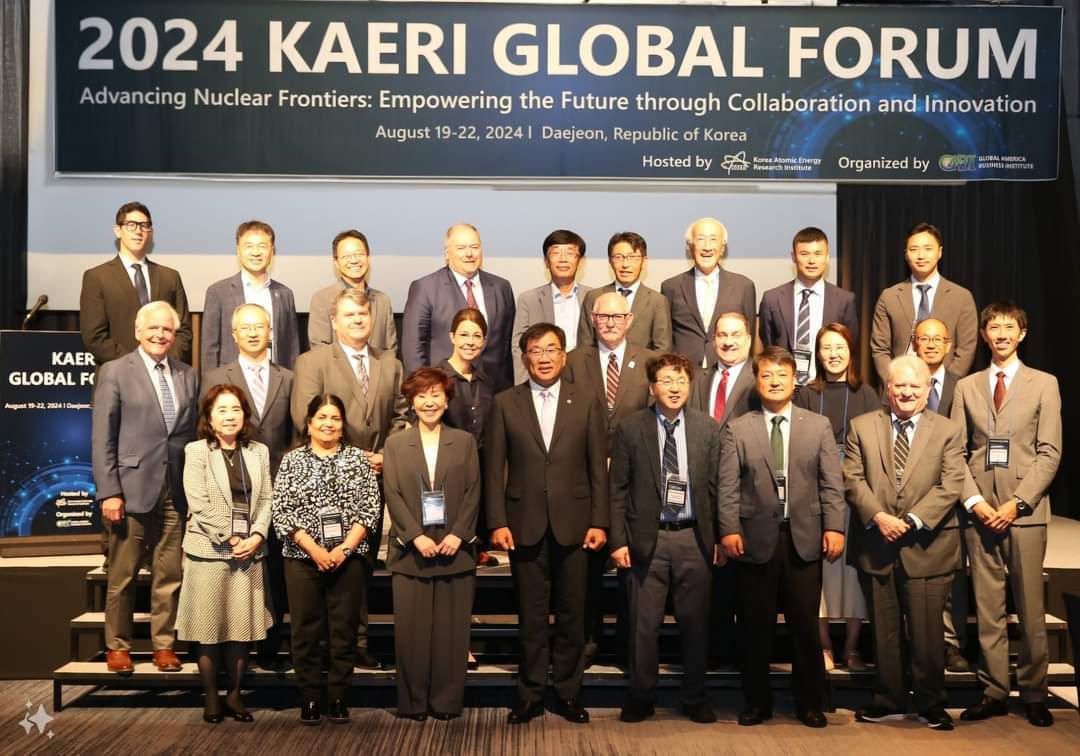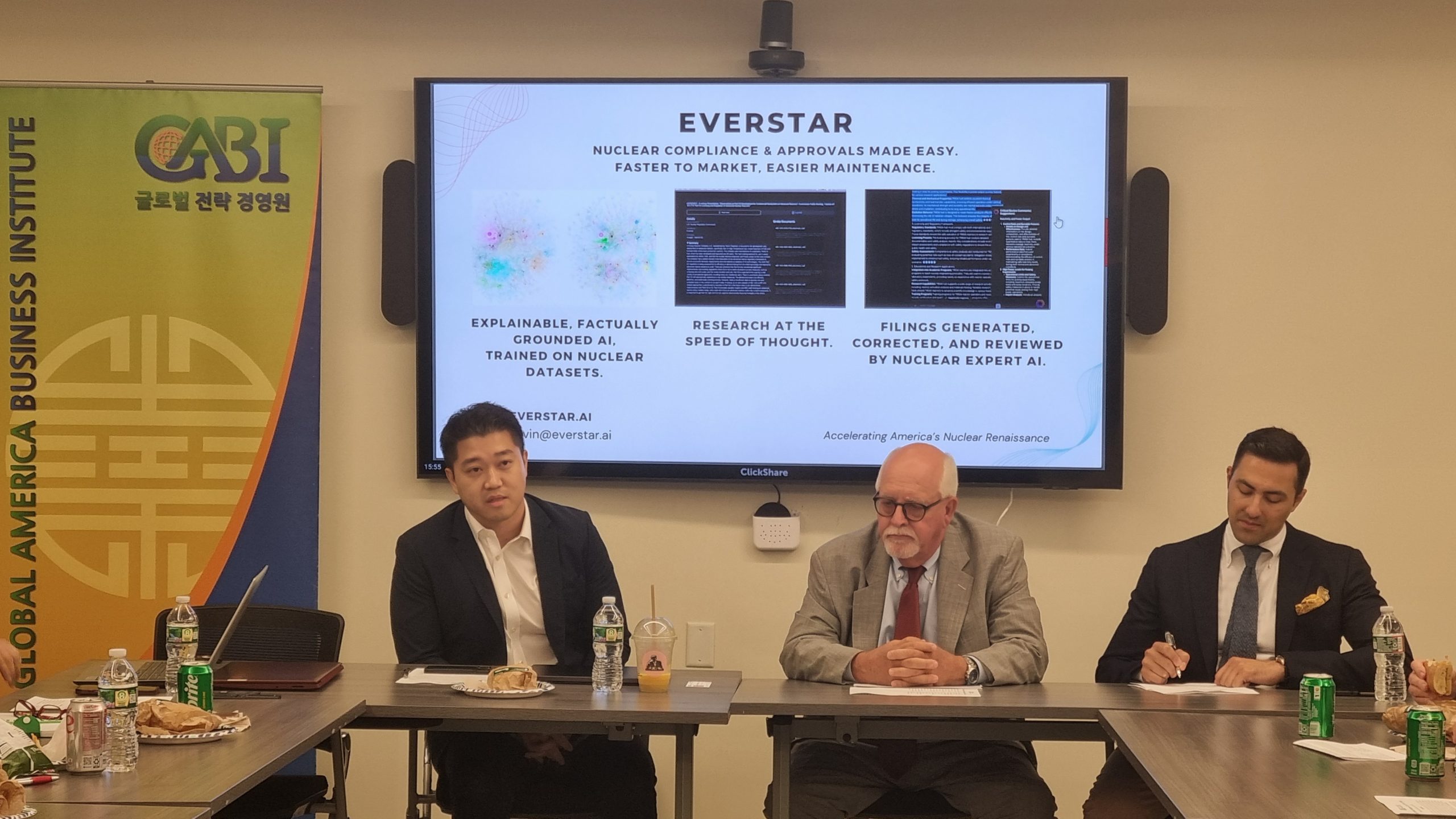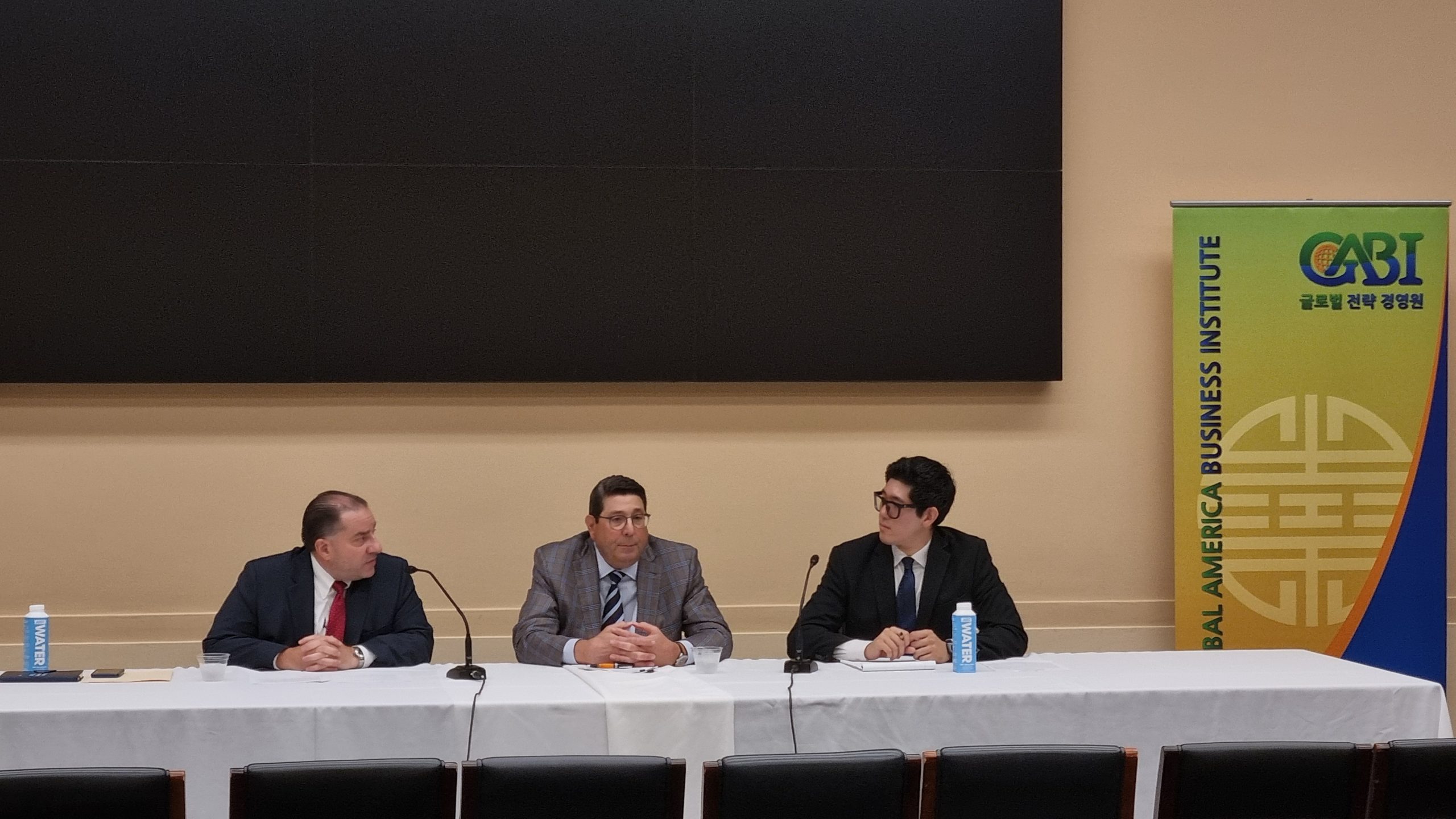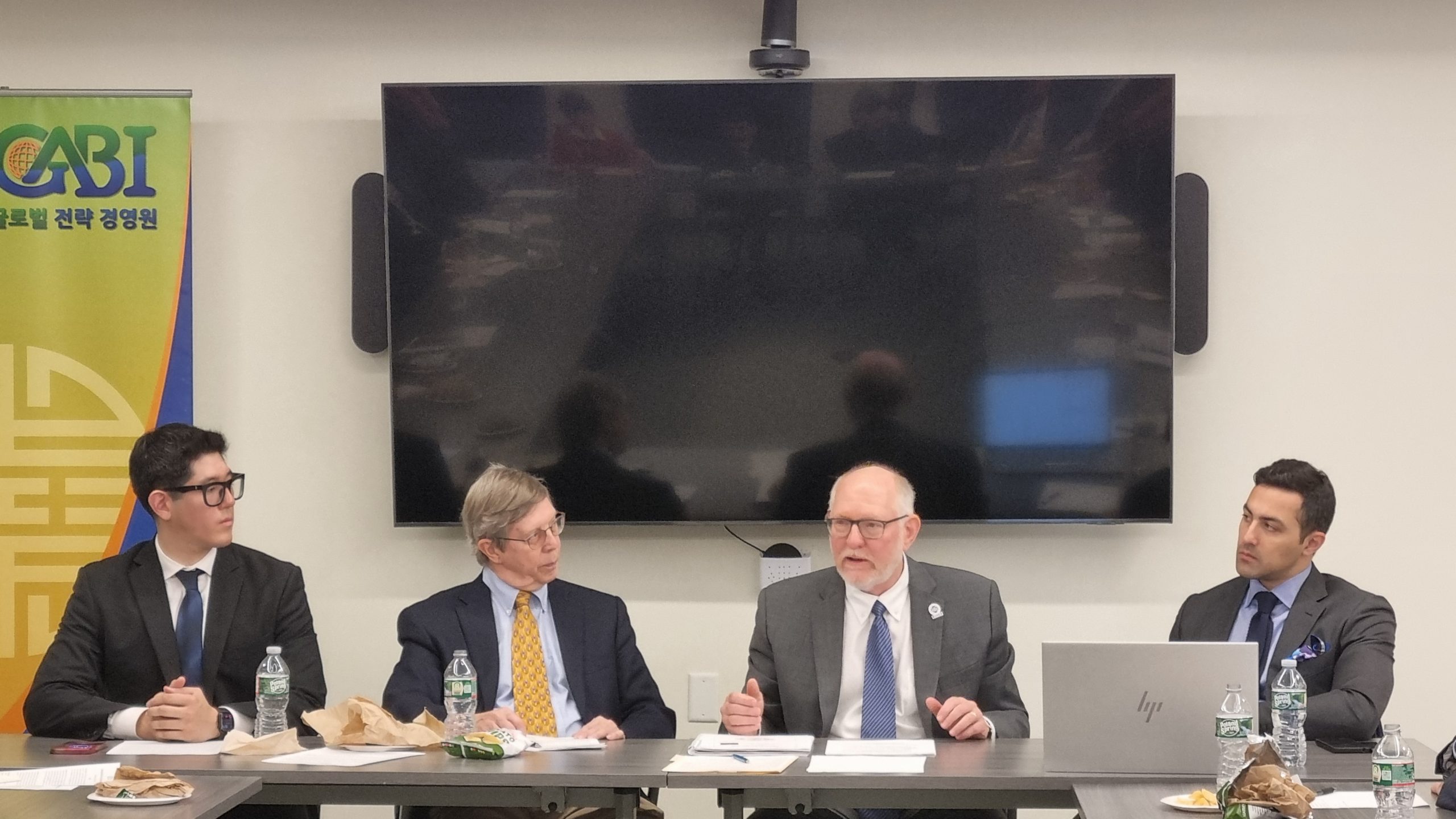Both the United States and the Republic of Korea (ROK) derive most of their energy consumption from fossil fuels, primarily oil, coal, and natural gas. While the U.S. has achieved decreased carbon emissions in recent years by displacing coal generation with natural gas use, deep decarbonization would not be possible through switching coal for natural gas alone. GHG emissions in the ROK have steadily risen due to increases in both electricity demand and fossil fuel consumption. Nuclear power represents more than half of each country’s low-carbon electricity supply, and maintenance and/or expansion of nuclear capacity will likely be required for either country to realistically achieve deep decarbonization. Pragmatic policies in both the U.S. and Korea would not only provide a decarbonization blueprint for other countries, but building upon longstanding bilateral civil nuclear ties could allow other countries to more feasibly replicate this blueprint. Enhanced cooperation in areas such as supply chain integration, advanced reactors, and materials R&D could strengthen the viability of nuclear energy as a contributor to climate mitigation efforts and foster pathways for other countries to practically implement decarbonization strategies using nuclear power.






